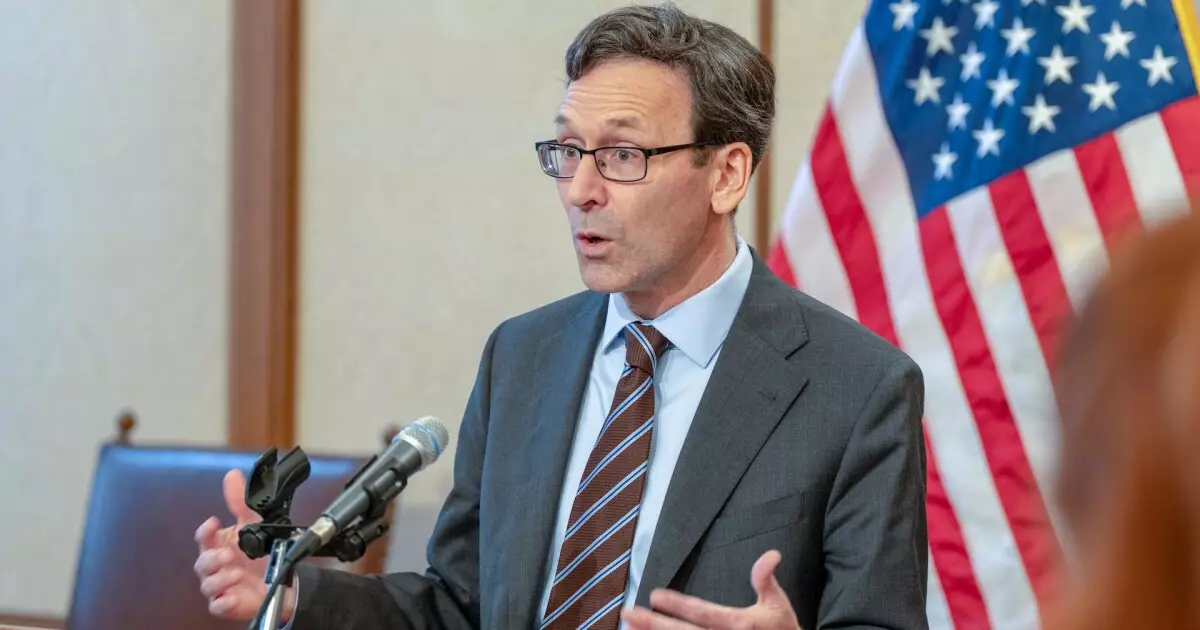Natural disasters are an inevitable part of life, often striking without warning and causing a devastating aftermath. However, the response—or lack thereof—by the Federal Emergency Management Agency (FEMA) can make an already unbearable situation even worse. Recent events in Washington and North Carolina shine a stark light on how ineffective federal disaster response can hurt recovery efforts. In both states, substantial requests for disaster recovery funding were denied, adding a layer of frustration and despair for communities already grappling with loss and destruction. The real tragedy lies not just in the disasters themselves but in the mishandling of recovery by the very agency tasked with leading those efforts.
The Fallout from Historical Failures
In November, Washington was battered by a bomb cyclone, which wreaked havoc across the state. Winds gusted up to 77 mph, and heavy rains dislodged trees, leaving more than 600,000 residents without power and resulting in tragic fatalities. While then-Governor Jay Inslee’s declaration of a state of emergency was a necessary initial response, FEMA’s untimely denial of the state’s request for $34 million in recovery funding is yet another indication that this agency is well overdue for reform. New Governor Bob Ferguson’s affirmation that Washington’s application met all criteria set forth by FEMA highlights the arbitrary and opaque nature of the decision-making process. The rejection left communities with extensive damages to repair, no clear path to recovery, and an immutable feeling of abandonment.
North Carolina’s Plight: A Disheartening Pattern
In North Carolina, the situation is equally grim. Governor Josh Stein’s pleas for additional financial assistance following Hurricane Helene’s catastrophic damage met with rejection from FEMA. The hurricane resulted in an astounding $59.6 billion in damages, making the need for swift recovery nothing short of urgent. Stein’s request for a 180-day extension on 100% reimbursement for disaster costs was met with a firm denial. The Governor’s disappointment was palpable as he articulated the essential needs of families still struggling to recover: “The need in western North Carolina remains immense,” he stated, emphasizing the long road ahead for those without homes or basic services. This sends a troubling signal: when disasters occur, political differences should be put aside, and every available resource should be mobilized for recovery.
The Consequences of Political Negligence
What makes these denials particularly egregious is that they occur in a political environment that has seen FEMA’s competencies undermined through firings and layoffs—a trend that commenced under the Trump administration. Though the intent behind reducing the federal government’s reach may have been to empower states, the outcome is a disservice to citizens whose lives are upended by unpredictable disasters. Beyond merely failing in its role, FEMA’s decisions reflect a misconstrued perspective on what constitutes effective governance. When an agency such as FEMA is weakened, the states are forced to bear the brunt of natural disasters largely alone, which is simply unacceptable.
The Call for Reform
Both Governors Inslee and Stein plan to appeal the denials, but mere appeals will not bring about the systemic change that is undeniably required. The crux of the matter goes beyond just restoring funding; it demands a reevaluation of how FEMA operates, prioritizes requests, and ultimately impacts communities. Why should any American citizen feel uncertain about whether their government will respond adequately when disaster strikes? It’s time for bipartisan solidarity to pressure Congress for meaningful reforms that will bolster FEMA’s effectiveness and ensure that no state feels forsaken in its hour of need.
Urgency Over Bureaucracy
When agencies like FEMA prioritize red tape over rapid response, they expose a fundamental contradiction in their mission. The resources that could alleviate suffering and restore normalcy disappear into an abyss of bureaucratic procedures, leaving behind the broken dreams and disillusioned lives of everyday Americans. We need to shift the conversation from merely asking for funds to demanding accountability and customer-centered service in times of crisis. The lives lost and homes destroyed by disasters deserve a fighting chance, one that begins with a government more committed to action than excuses.


Leave a Reply